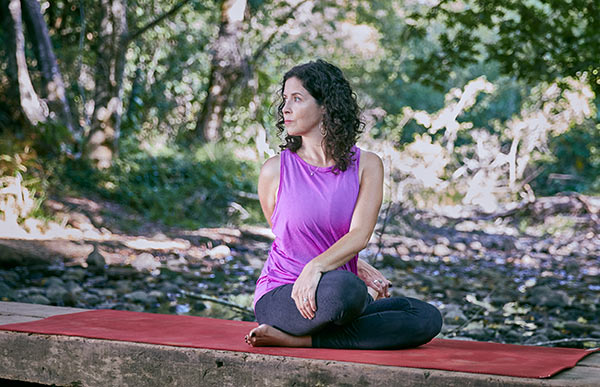Yoga & Therapy
We have a notion of yoga as exercise, where we dress up in our sportswear and practice challenging poses. But yoga is much more than that. Some of its other components are breathing exercises or “Pranayama” as it's called in sanskrit, meditation, “Dyana” or concentration, “Dharana”. The many components of yoga have been scientifically proven to be extremely helpful in managing and reducing anxiety, depression and stress. It can also reduce the effects of trauma and fatigue. It helps us focus and concentrate, as well as shift our mood on a day to day basis.
In my many years of practicing yoga, I have personally experienced its many benefits. After suffering an accident almost 22 years ago, I turned to yoga for help. With it I was able to experience dramatic healing and decided to pursue it more seriously, studying its many aspects and philosophies. I often draw on the principles of yoga in therapy because I have found it so helpful for many of my clients. Yoga has helped my clients successfully manage and reduce the symptoms of depression and anxiety, as well as helping to stop the patterns of self-harm in adolescent clients. Yoga brings us into our body and out of our head, it can help heal trauma or simply allow us to feel sensations that bring awareness to the present moment.

